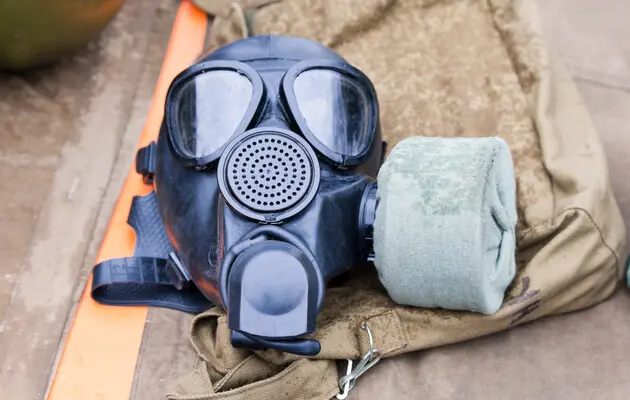The Ongoing Crisis: Russia’s Use of Chemical Weapons in Ukraine and the World’s Silence
The distressing news keeps coming: reports indicate that Russia continues to utilize chemical weapons in its conflict with Ukraine. This alarming development appears to be met with a troubling silence from the international community, including key figures like U.S. President Joe Biden. What does this mean for the global commitment to upholding human rights and international law?
Unfolding Reality: The Use of Chemical Weapons
Reliable sources confirm that banned chemical agents are indeed being deployed on Ukrainian soil. Organizations like the United Nations and the International Criminal Court should be at the forefront of addressing these egregious violations, yet they seem overwhelmed by other pressing issues. For example, experts point to the fact that despite prior warnings to Russian President Vladimir Putin about the consequences of using chemical weapons, the Biden administration’s response has largely been muted. Merrill Matthews of the Institute for Policy Innovation notes this concerning trend, emphasizing the need for a more robust stance.
The Human Cost: How Are Lives Being Impacted?
The impact on the ground is dire. Reports from BBC and investigations by Reuters reveal that Ukrainian forces are increasingly bearing the brunt of these chemical attacks. Specifically, Russian troops have been using grenades filled with tear gas agents, including CS and CN. Current estimates indicate that over 500 Ukrainian servicemen have suffered exposure to these toxic gases, with tragic reports of casualties including at least one confirmed death. Such incidents highlight a disturbing pattern that cannot be ignored.
— **Current Estimates of Affected Personnel**:
— Over 500 Ukrainian servicemen exposed to chemical agents.
— At least one reported fatality linked to these attacks.
The Global Response: A Call to Action
The lack of action from the international community raises critical questions about the effectiveness of existing global protocols designed to prevent the use of chemical weapons. Are we as a society truly committed to protecting human rights, or is this another example of selective oversight? Experts advocate for immediate diplomatic pressure and tangible responses to tackle this growing humanitarian crisis and reinforce international law.
What Can Be Done?
There are several steps that can be taken both on the diplomatic front and through grassroots movements to bolster a response:
— **Increased Awareness and Advocacy**: Join or support organizations focused on humanitarian aid and international law. Every voice counts.
— **Targeted Sanctions**: Governments can implement more stringent sanctions against individuals and entities that support or are complicit in these violations.
— **International Coalitions**: Form coalitions amongst nations that are ready to take a stand and act firmly against the use of chemical weapons.
The silence from influential leaders can have dire repercussions for those living through this crisis. Let’s not forget the emotions at play here: we are talking about lives, families, and futures at stake. As citizens of the world, our collective voice matters, and it is time that we demand accountability and action.





